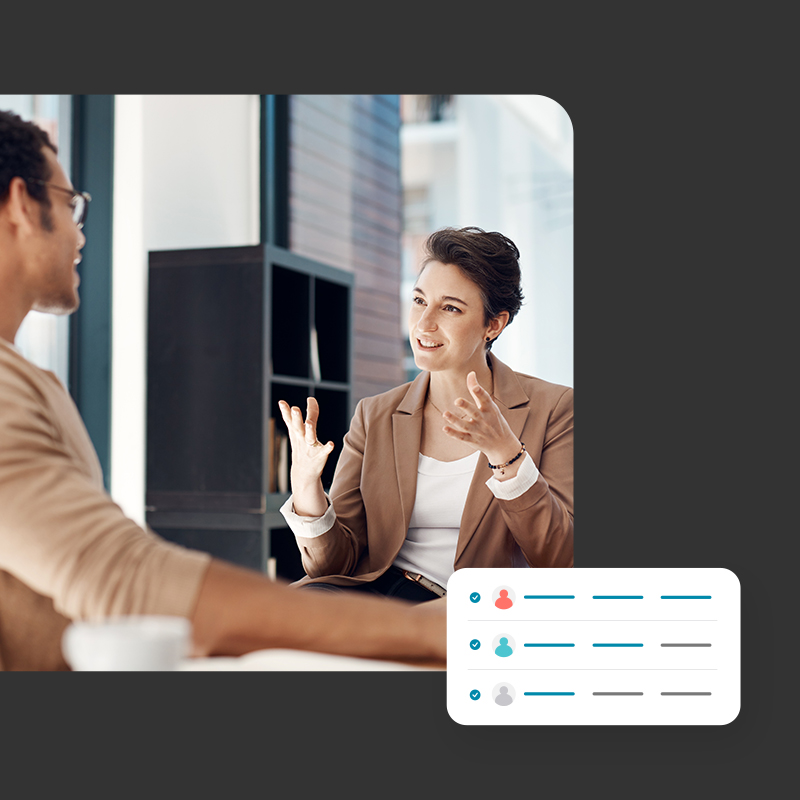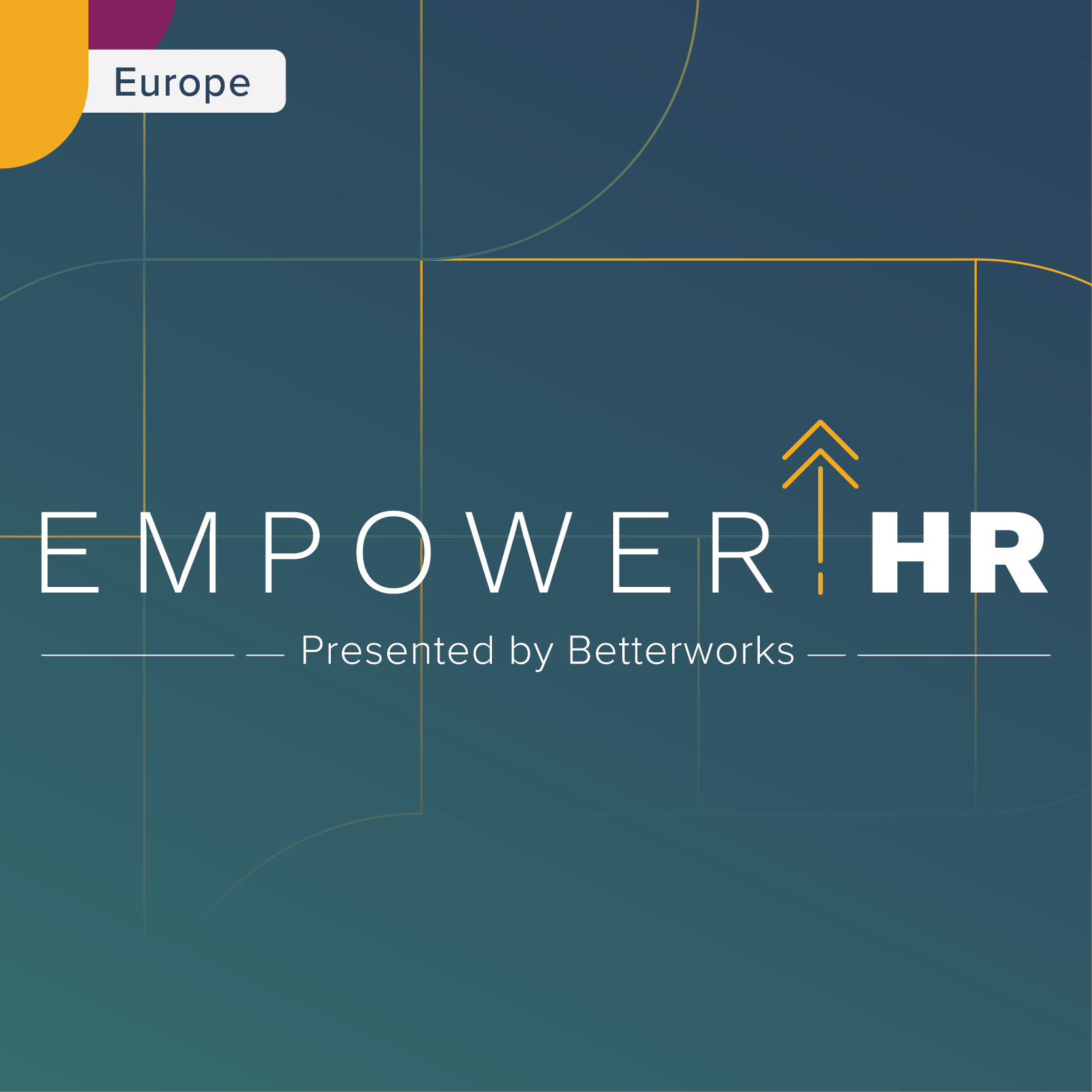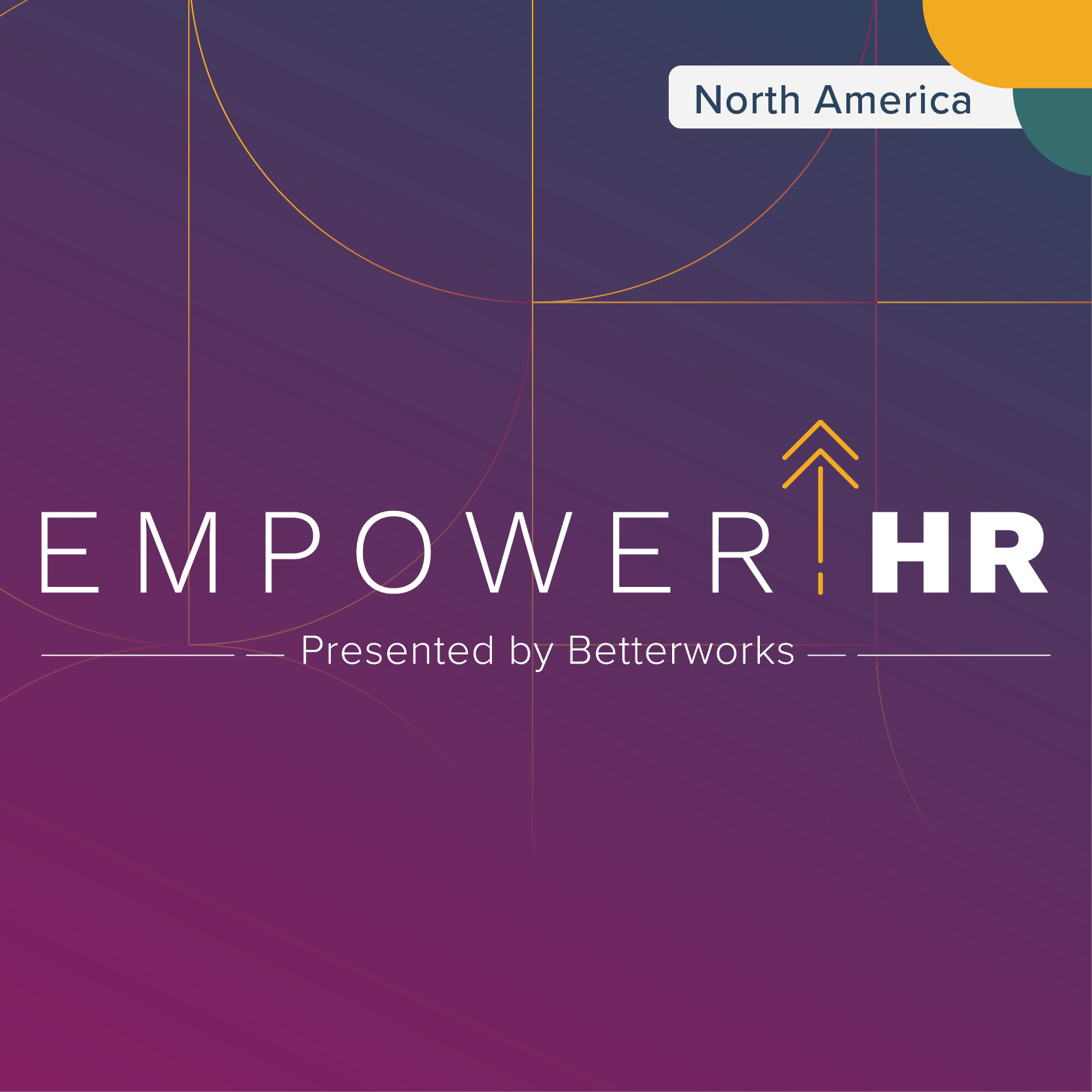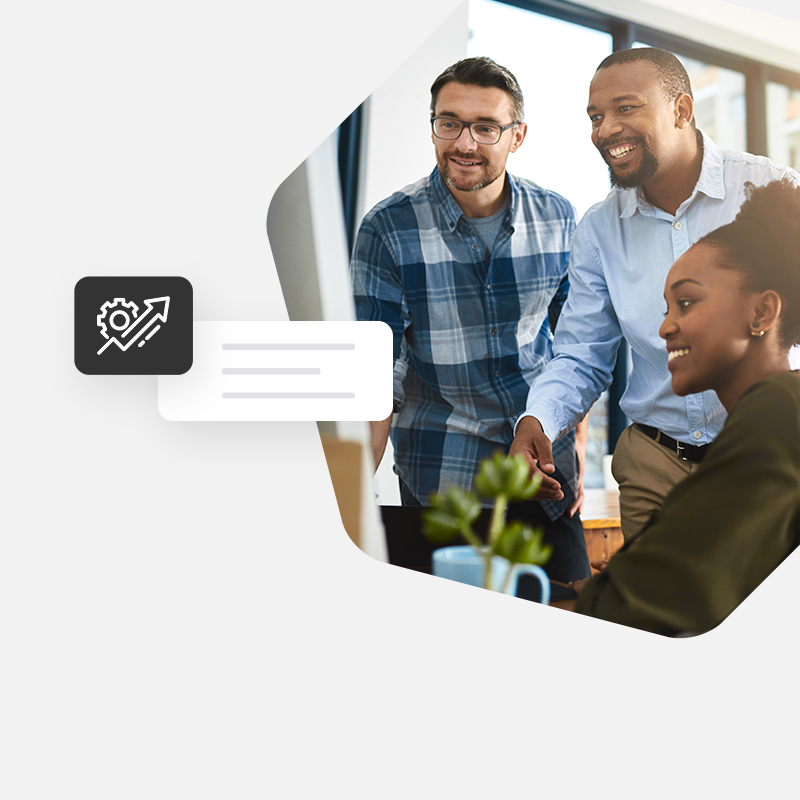If you haven’t given the 3Sixty Insight’s #HRTechChat podcast a listen yet, now is the time to start. The #HRTechChat podcast features visionary leaders that explore strategic HR processes, problem-solving, and share tips with listeners about how to maximize the value of their technology investments.
Therefore it’s no surprise that the podcast recently featured Betterworks CEO, Doug Dennerline. Doug joined the podcast for a special episode focused on the future of performance management. We’ll give you a hint: performance enablement is the name of the game.
“The annual performance review process is pretty broken,” said Doug. “It was created seventy years ago for hierarchical organizations.” Meaning that in today’s work landscape the static annual performance review does not align with current manager-employee work dynamics.
#HRTechChat host and co-founder of 3Sixty Insights, Brent Skinner, couldn’t agree more. Or as he said, “you got my spidey sense going.” So, what’s the solution?
The New World of Performance Enablement
In today’s dynamic workplace, modern HR teams are looking to retain and develop top talent through performance enablement processes that put people first. The new model considers each team member’s performance potential and professional goals. Managers and their reports work together to develop a performance plan that moves the individual, the team, and the business forward.
Performance enablement processes are designed to support managers and dynamically elevate the HR experience. With goal-setting, feedback, and development cycles happening on an ongoing basis, and in a single system of record, HR can now leverage a wealth of employee data that allows them to better execute on strategic initiatives.
“It’s about finding HR people that are focused on the results that companies are trying to accomplish, and then enabling the processes internally to engage the employees to help them achieve their goals. It’s about [HR] being at the table and understanding what’s going on in the business and helping them get there,” said Doug.
And employees will find this style of ongoing performance management — built around 360-degree feedback, ongoing goal-setting, and learning — just as valuable.
“We’re trying to move the process into the hands of the employee and put them in control. In our software, you go in, at the beginning of each quarter, and you sit with your manager, write your goals, put in the application, and then manage accordingly. You check-in and answer questions like: Are you achieving your goals? What roadblocks have you had? How can I help you remove those roadblocks? Are your goals correct? That benefits the employee,” said Doug.
During The Great Resignation (which has now morphed into The Great Reshuffling) this has never been more important. In order to attract and retain the kind of top talent companies need in order to meet their goals, the employee experience must be dynamic. Employees want to feel coached, not managed. They want employers to know, recognize, and value their work.
Additionally, because performance enablement looks forward, it prioritizes ongoing learning for team members. Managers and their reports can work together to identify learning goals for each employee for the quarter. HR can then collaborate with learning and development teams to recommend specific upskilling opportunities based on each employee’s performance potential profile.
“We have an integration with Udemy. So you can be having a development conversation and be recommended a couple of classes and go take that course, which is going to help you round out your skills,” said Doug.
As Doug shares on the podcast, the static performance management processes of yesteryear are being replaced by dynamic processes that align distributed workforces and empower top talent through ongoing communication, feedback, and support.
To learn more about the new world of performance enablement check out the #HRTechChat podcast!







